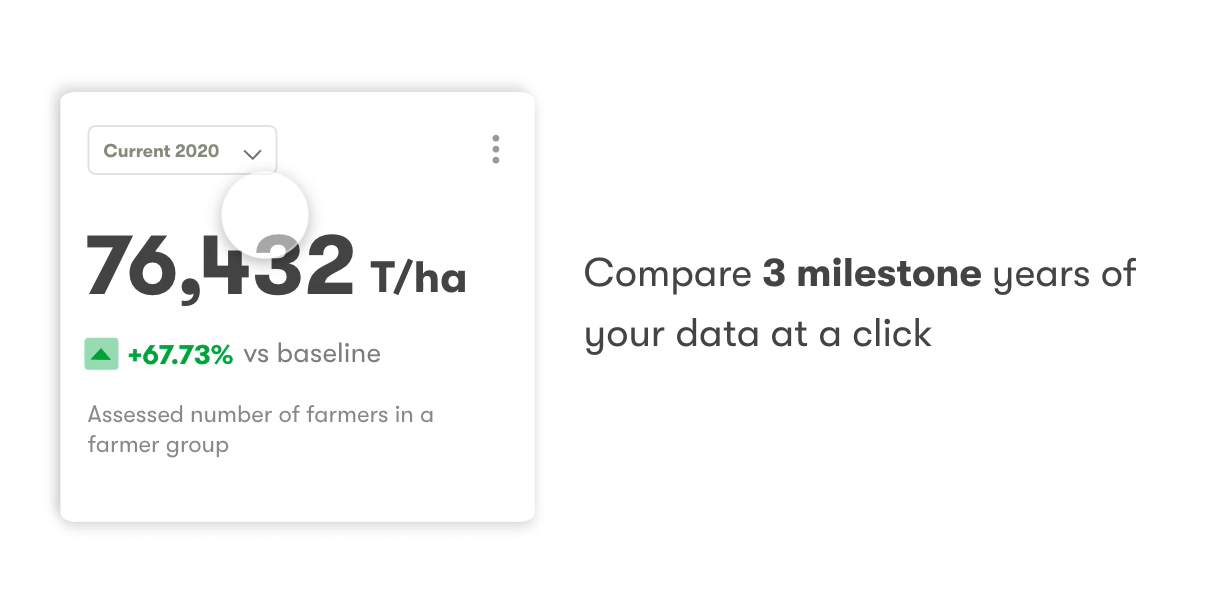CIRCULAR COFFEE CULTIVATION FROM FARM TO CUP
Our first sustainability program to qualify for Infinity status in 2019 was a circular coffee economy model that would deliver a triple positive impact in the coffee value chain; improving economic opportunity and environmental conservation from producers and communities in Peru, to consumers in the Netherlands.
The multi-stakeholder project involving a major coffee roaster, Solidaridad, SERFOR and Cooperative Cuencas de Hullega, was launched in 2019 to scale up an existing collaboration which focused on tackling deforestation and poor coffee productivity in Peru, following a 2012 leaf rust outbreak.
Delivering a triple-positive impact:
Improving economic opportunity for Peru’s coffee farmers
- ofi is working with 1,564 producers in the San Martín region on circular farming practices to improve farm productivity and implement agroforestry systems, wastewater management and other activities that will build their resilience to climate-change.
- A Circular Coffee Fund generated from the sale of coffee waste in the Netherlands, will provide conditional grants or loans to farmers to promote financial inclusion and incentivize conservation practices that benefit local communities and the environment.
- 2021 progress update:
- 32% average yield increase (~US$160/ha additional income for each farmer)
- 593 farmer applications to the Circular Coffee Fund to receive support for obtaining land titles
Supporting thriving coffee communities
- Through a partnership with SERFOR, coffee growers will be rewarded for agroforestry practices with official land titles from the government, through which they will gain access to the Circular Coffee Fund to invest in longer-term land stewardship and community infrastructure.
- Gender equality is a cross-cutting approach incorporated across all field activities, from Good Agricultural Practices training to capacity development of the role of women in the household. It is also promoted by the eligibility requirements of the Circular Coffee Fund, which mean both husband and wife need to apply for the loan and demonstrate joint agreement on its use.
Improving economic opportunity
- Coffee waste will be upcycled in the Netherlands by using the spent coffee grounds to make construction panels, that can be used for furniture items like coffee cabinets, which spares the need for timber.
- Deforestation will be further reduced with the implementation of agroforestry systems where the farmers are motivated to grow coffee under the forest canopy, instead of clearing land.
- Circular coffee cultivation will also allow more efficient nutrient and water cycles – with 400,000m3 of water replenished annually from wastewater treatment - and the reduction of carbon emissions on coffee farms covering 12,800 ha.
- 2021 progress update:
- 10,600 forest trees planted amongst 545 ha of coffee
- 88,000 litres water replenished from installation of 65 water tanks
